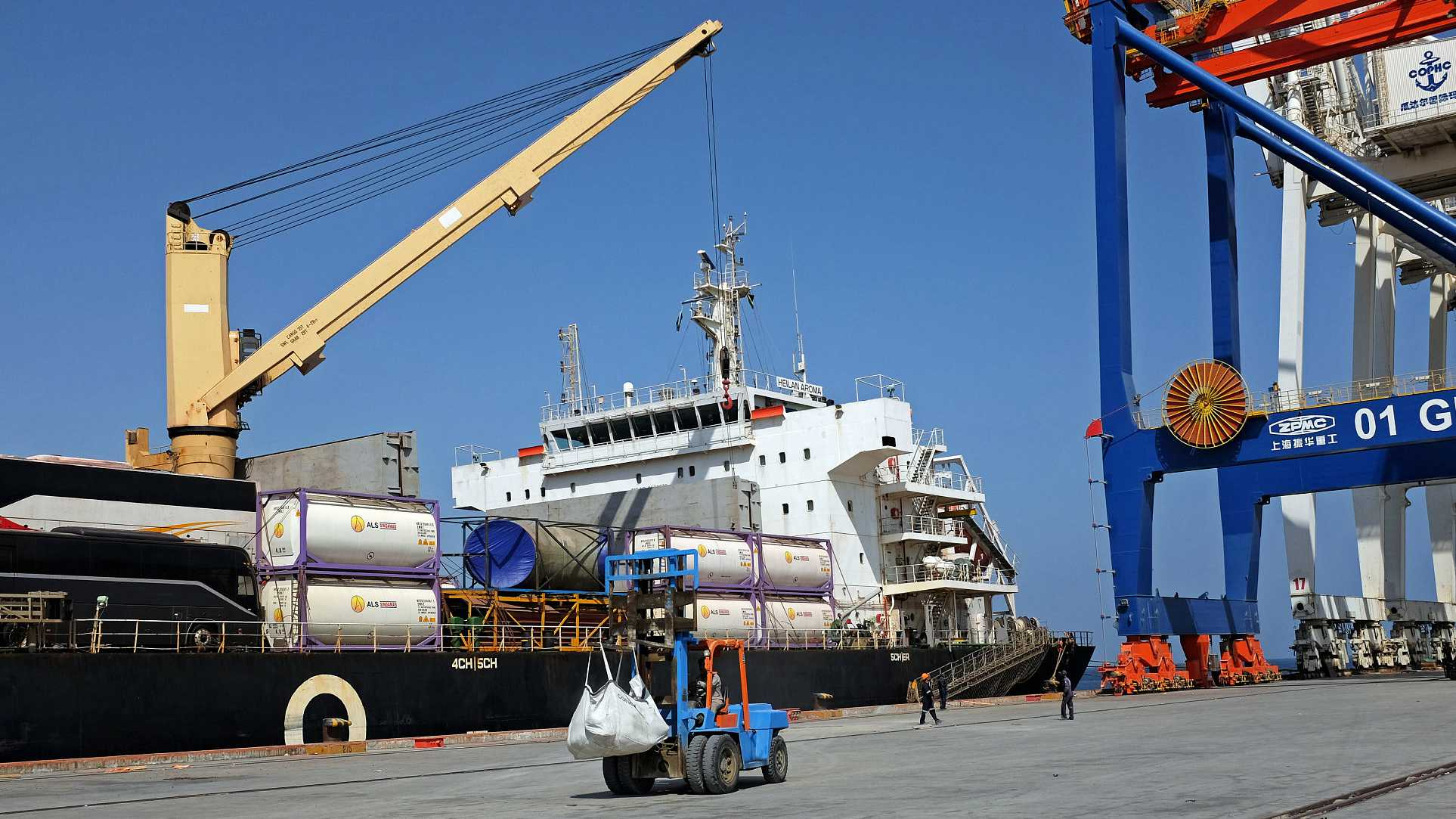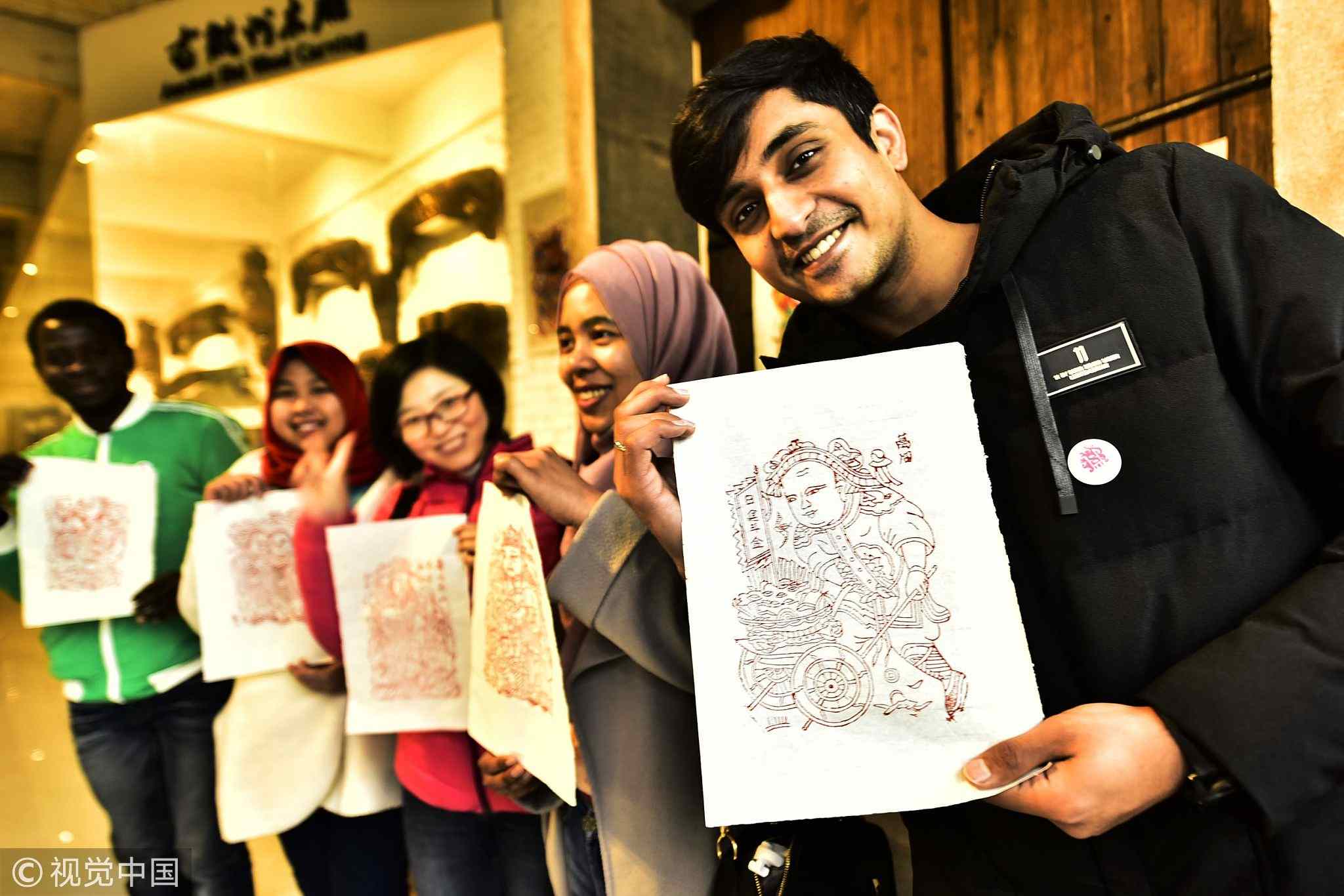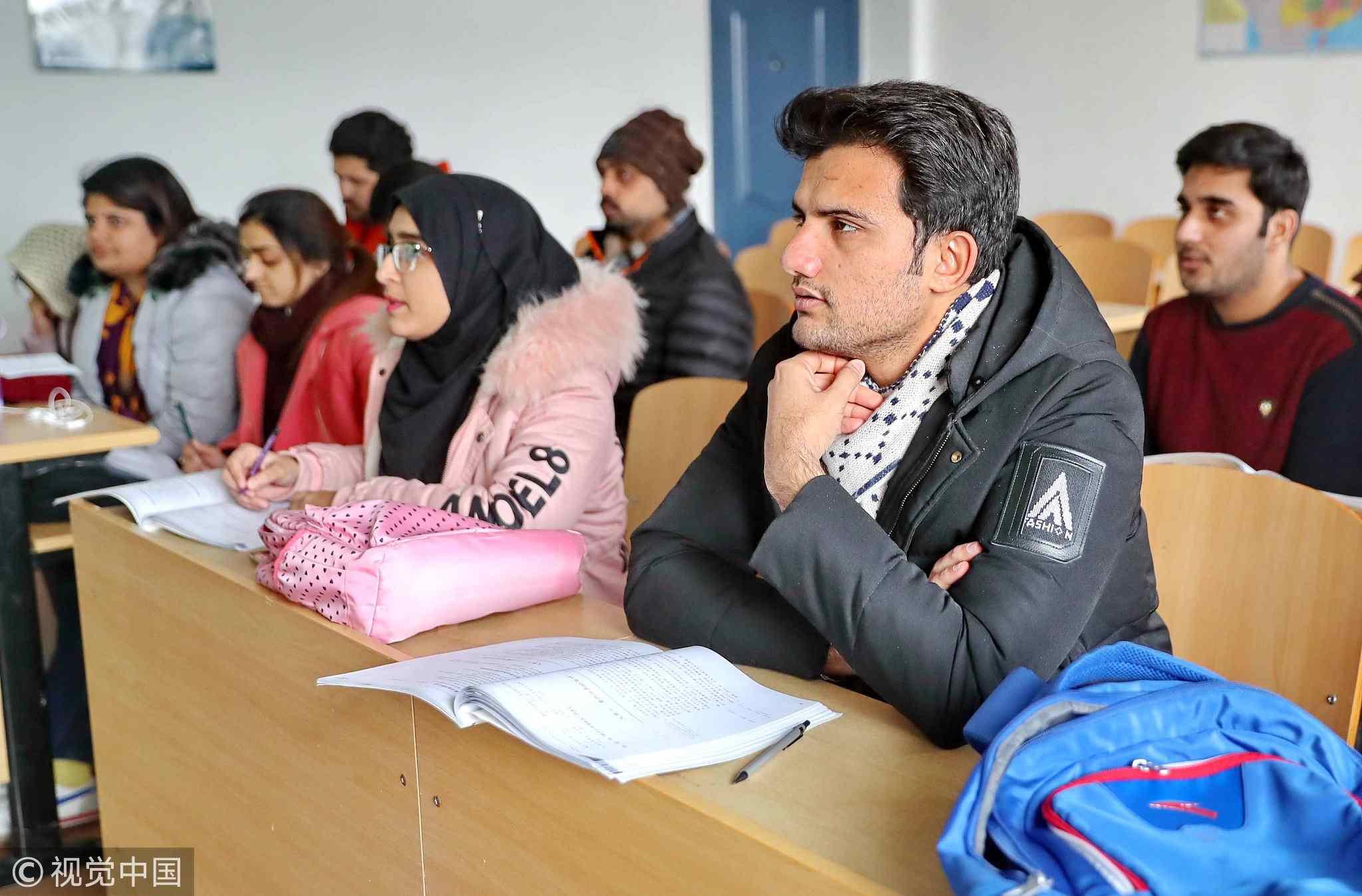
Opinions
17:35, 22-Nov-2018
Opinion: Pakistani students must properly seize time in China
Updated
17:03, 25-Nov-2018
By Zafar Hussain

Editor's Note: Zafar Hussain is a former research fellow with the Communication University of China and currently affiliated with Geo News, Pakistan's largest media group. The article reflects the author's opinion, and not necessarily the views of CGTN.
China is a progressively popular destination for international students, with the number of Pakistani students tripling in the past five years.
Before the Belt and Road Initiative (BRI) was proposed by Chinese President Xi Jinping in 2013, only a handful Pakistani students were pursuing education in China.
After the launch of the China-Pakistan Economic Corridor (CPEC), a flagship project of BRI, there was a steady trickle of Pakistani students moving to China. Up until then, quality education for Pakistani youths was the privilege of those who could afford expensive Western universities.
But, China, as a true friend of Pakistan, welcomed brilliant students from all social strata, especially those who could not afford quality international education.
Quality education is one of the biggest challenges for Pakistan.
The country is in need to develop the skills of the young generation through specialized technical education, and relevant programs are available in top Chinese universities.

A passenger train moves past laborers working on a railway track along City Station in Karachi, Pakistan, September 24, 2018. /VCG Photo
A passenger train moves past laborers working on a railway track along City Station in Karachi, Pakistan, September 24, 2018. /VCG Photo
This opportunity not only opened the door to learning skills considered vital for national development but also gave a huge incentive in the form of international exposure and connection with some of the best students from around the world.
In the spirit of the long-lasting friendship between the two countries, China offered one of the largest scholarship programs to students from Pakistan.
Furthermore, many Chinese universities signed memorandums of understanding (MoU) with various Pakistani universities to facilitate educational exchanges between the institutions.
During Pakistani Prime Minister Imran Khan's recent visit to China, Pakistan signed two important MoUs with China to cooperate in higher education and meteorological sectors.
According to the Chinese ministry of education, China was the most popular destination for international students in Asia last year, having attracted 489,200 foreign students. Pakistan was among the top three countries for outbound students to China.

Foreign students from Pakistan, Indonesia, and Benin experience the charm of Chinese culture at a Folk Museum in Hefei, Anhui Province, March 2, 2018. /VCG Photo
Foreign students from Pakistan, Indonesia, and Benin experience the charm of Chinese culture at a Folk Museum in Hefei, Anhui Province, March 2, 2018. /VCG Photo
According to Pakistani official figures, approximately 25,000 Pakistani students are currently studying in China, one-third of whom are on scholarships offered by the Chinese government.
But are Pakistani students really benefiting from this opportunity? Pakistani Ph.D. scholar at Peking University Khuram Walayat said he is confident that Peking University is a perfect place to learn and develop skills.
"China has a unique and outstanding culture compared to the rest of the world, and it leads in many trends, whether it is technology, fashion or design. I have always been impressed by and respectful of what China has achieved in education, socio-economic development and as a result earning more international respect in the last three decades," he added.

Pakistani students attend a class at Yanshan University in Qinhuangdao, Hebei Province, China. December 14, 2017./ VCG Photo
Pakistani students attend a class at Yanshan University in Qinhuangdao, Hebei Province, China. December 14, 2017./ VCG Photo
Tehmina Firdous, a Pakistani postgraduate student at the Communication University of China believes that China has a world-class modern education system with Chinese characteristics and offers great opportunities to Pakistani students to learn practical work, especially for those who are working in the field of media to learn advanced techniques.
She noted that taking advantage of this opportunity to learn Mandarin enables Pakistanis to enhance people-to-people contact between the two countries.
Abdul Ghaffar, a Ph.D. candidate at Tsinghua University, shared his experience by saying that "innovation in research is a top priority of Chinese universities."
"The Chinese government and universities encourage Pakistani students to benefit from scholarships, grants, and funding for studying, conducting research, and participating international forums abroad," he said.
He believes that Pakistani students are also dedicated to learning Chinese language, culture and tradition, and looking forward to making a contribution in Sino-Pakistani relations, especially in CPEC.
Pakistani students should function as a bridge connecting the two countries.
At the same time, a number of Pakistani students violated Chinese laws and regulations because of their lack of knowledge on China. The key question, therefore, is how we can eliminate such undesirable incidents?
I propose that the Higher Education Commission in Pakistan work with the Chinese embassy and educate all newcomers to China on local culture, customs, and laws. This initiative will surely enable our students to forge better connections between Pakistan and China.
(Cover Photo: A general view of Gwadar port in Gwadar, Pakistan, December 17, 2017. /VCG Photo)
(If you want to contribute and have specific expertise, please contact us at opinions@cgtn.com.)

SITEMAP
Copyright © 2018 CGTN. Beijing ICP prepared NO.16065310-3
Copyright © 2018 CGTN. Beijing ICP prepared NO.16065310-3